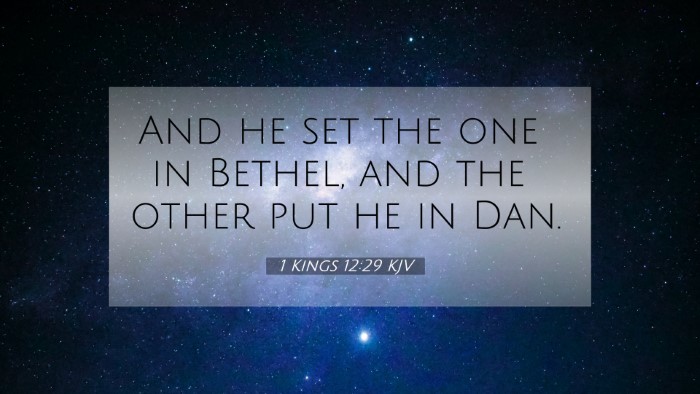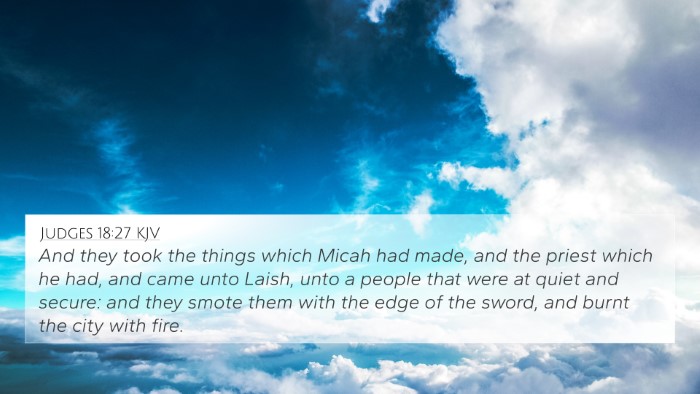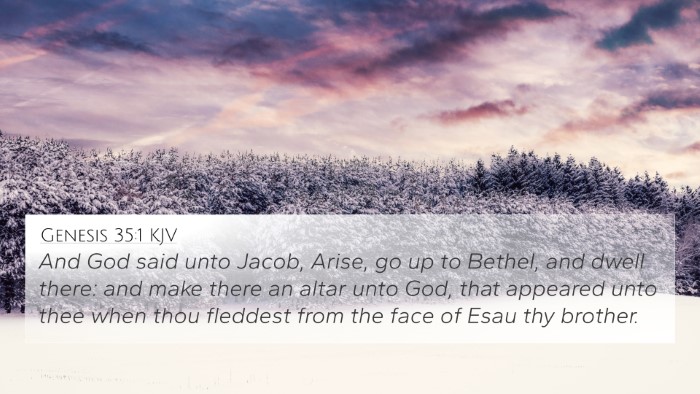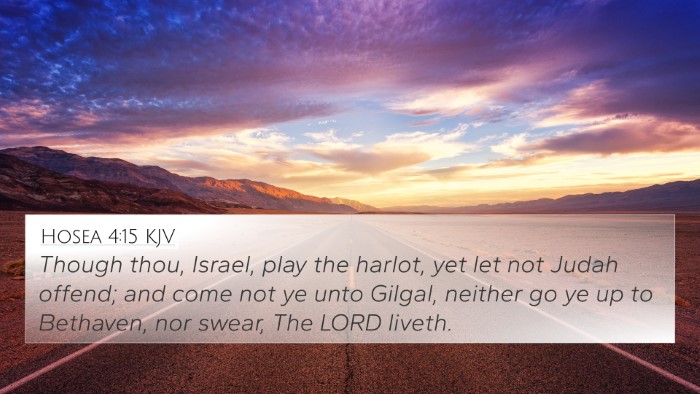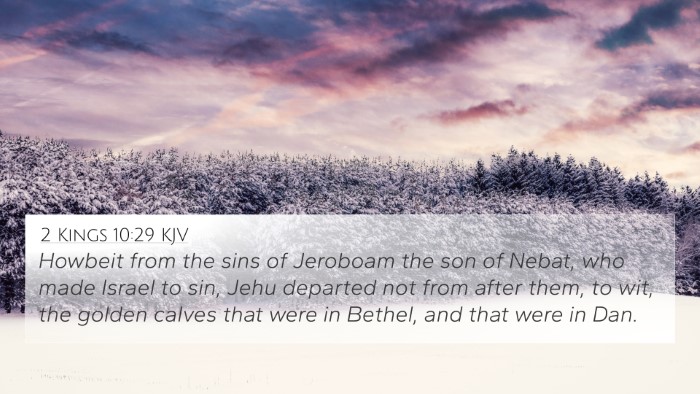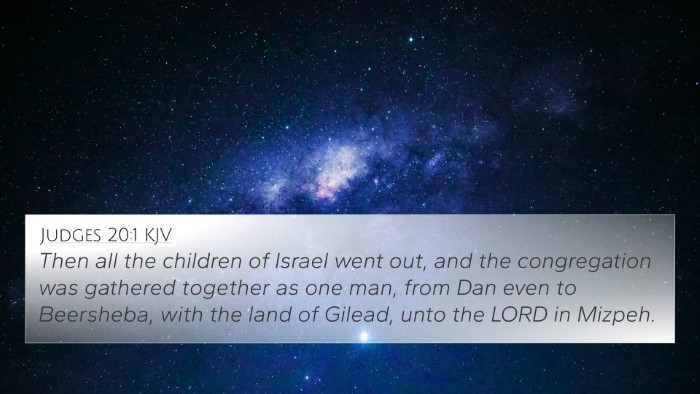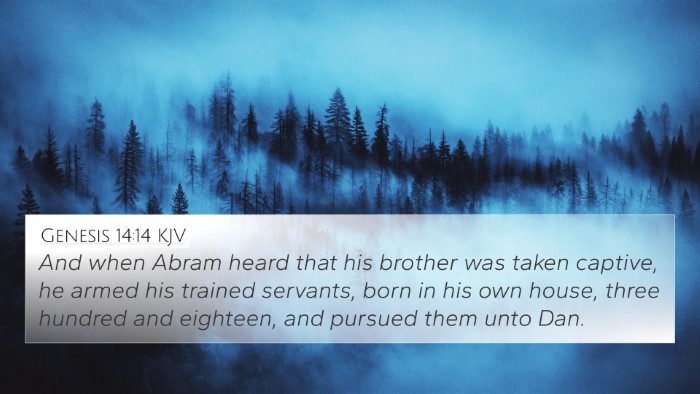Understanding 1 Kings 12:29
1 Kings 12:29 discusses the moment when Jeroboam, having been made king over the northern kingdom of Israel, sets up two golden calves. Instead of encouraging the people to go to Jerusalem for worship, Jeroboam erects these idols, claiming they represent the gods that brought them out of Egypt. This verse highlights a pivotal moment of idolatry and rebellion against the established worship of Yahweh.
Summarized Insights from Commentaries:
- Matthew Henry: Henry emphasizes the folly in Jeroboam's decision, noting that he prioritized political expediency over faithfulness to God. His actions are condemned for leading Israel away from the true worship.
- Albert Barnes: Barnes points out that this act of setting up golden calves connects to the Israelites' recurring temptation towards idolatry. It signifies a rejection of God’s sovereignty and the worship prescribed through the law.
- Adam Clarke: Clarke elaborates on the historical context, explaining that Jeroboam feared losing his kingdom if the people traveled back to Jerusalem. This fear led him to fabricate a religion that suited his political needs but was bereft of divine approval.
Thematic Connections:
This verse presents a significant case of biblical idolatry and rebellion. It connects with numerous other scripture passages that illustrate the struggle between true worship and the temptation of idolatry. Below are some notable Bible verse cross-references:
- Exodus 20:4-5 - the prohibition against idols.
- Deuteronomy 12:5-7 - the centralization of worship in one place.
- 1 Kings 12:28 - Jeroboam's rationale for setting up the calves.
- 2 Chronicles 11:15 - Jeroboam leading Israel away from God.
- Hosea 8:4-6 - the condemnation of Israel's idolatry.
- Isaiah 44:9-20 - a critique of idol-making and worship.
- Romans 1:21-23 - the dangers of exchanging the truth of God for falsehood.
Exploring Cross-References:
Understanding 1 Kings 12:29 through the lens of other biblical passages reveals a robust dialogue concerning the themes of idolatry, leadership, and divine loyalty.
For a comprehensive Bible cross-reference guide, consider the ways in which these verses interact. Some methods include:
- Identifying common themes across narratives to see the development of Israel's worship practices.
- Utilizing a Bible concordance to track specific terms related to idolatry.
- Engaging in cross-referencing Bible study methods, such as thematic analysis or comparative scripture examination.
Conclusion:
1 Kings 12:29 serves as a warning against the dangers of adapting religious practices for political or personal gain. Through this verse, one can explore extensive connections between Bible verses that highlight the persistent struggle against idolatry and the need for devotion to God's commands.
In conclusion, utilizing cross-referencing tools, individuals can discover how 1 Kings 12:29 fits into a larger narrative of scriptural fidelity and historical obedience. By identifying Bible verses that relate to each other, believers can enrich their understanding of faith and the implications of their worship practices.


